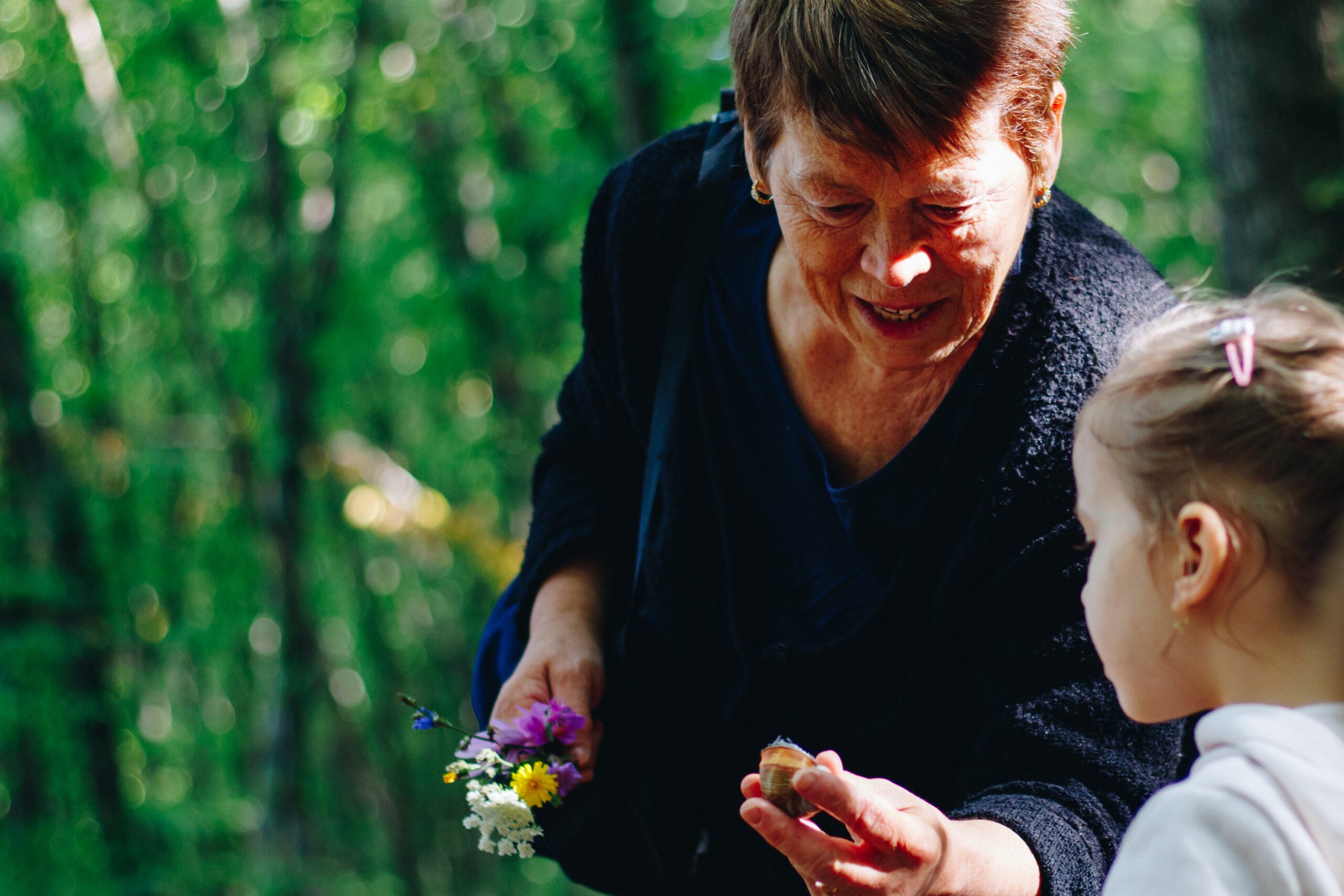The Beautiful Burden of Caregiving
KATIE POLSKI | CONTRIBUTOR While in my early thirties, my mom was diagnosed with a debilitating brain disease. I was told by the doctor that she would lose every ability “from her head to her toes.” Within months of the diagnosis, mom lost the ability to form words. Shouts, groans, and tears became her agonizing way of communicating. Not long after, she lost the use of her legs and hands. My father passed away years before mom’s diagnosis, and since I was the only sibling who lived in the same town, I quit my job and assumed the role as primary caretaker. She lived for two years after the diagnosis, so between caring for my young children and keeping up with life’s ongoing demands, caring for mom often felt burdensome. As I’ve watched friends face the inevitable challenges that accompany aging or ill parents, it’s become clear that my sentiment was not unique. But what I discovered amid the challenging journey, by the grace of God, is that the burdensome call of caregiving is also one that is profoundly and incomparably beautiful. The Burdensome Exhortation Scripture makes abundantly clear that we are to honor our parents (Deut. 5:16; Ex. 20:12; Eph. 6:2). Though short, these verses are layered with meaning, and it is easy to apply them in the way we see fit. It’s important, however, to take care to not interpret these words from God based on our own feelings or agendas. The Pharisees did this, and Jesus rebuked them (Matt. 15:3-6). For us to obey this command, trust in God’s perfect Word is required. There are times when honoring parents is confusing, challenging, and difficult. And while honoring may look different from one situation to the next, there are no caveats given with these verses, though we sometimes wish there were. One of the many ways we honor our parents is by caring for them in their time of need, and not because of what they have or have not done for us, but because sacrificial love has been demonstrated for us in the gospel...









